Do you pull away before someone else can, anticipating their rejection? Relationship struggles like this can leave you feeling confused, baffled, and lonely.
You may wonder why the same patterns keep repeating themselves. And if there’s something wrong with you because you can’t find love like everyone else.
Maybe, instead of pulling away, you cling tightly to someone you should let go. That’s another sign of relationship struggles stemming from childhood.
Both these patterns are emblematic of insecure attachment. The first is avoidant and the second is anxious.
They stem from a childhood in which your needs for love and attention were met inconsistently. In the first case, you learned that people let you down and no one is there for you.
So, you might cut them off before they can disappoint you. It feels easier in the short term but leads to long-term loneliness and isolation.
And you may not realize you’re doing it. Sometimes these patterns are hidden behind blind spots and we act them out subconsciously.
Similarly, when you need constant reassurance about someone’s love for you, it has the effect of pushing them away. Even though that’s the opposite of what you want.
Relationship Struggles & C-PTSD
Relationship struggles are one of the major outcomes of childhood trauma. When you never saw a healthy relationship, it’s hard to create one.
And that’s not your fault. Growing up in a dysfunctional home, you never learn about conflict resolution or intimacy.
You learn that conflict is to be avoided or handled through rage, violence, or silent treatment. You learned that the honest emotions that build intimacy were not tolerated.
So, the building blocks of solid relationships are foreign to you. Not only that, they feel life-threatening.
If, as a child, you were punished or rejected for displaying emotions, those become dysregulated and hard to express.
Instead of saying how you feel, you’ll try to determine what the other person wants and give them that. Or how to manipulate the situation to get what you want.
Both of these approaches create relationship struggles that prevent success and ensure pain.
So, how can you begin to create healthy relationships now?
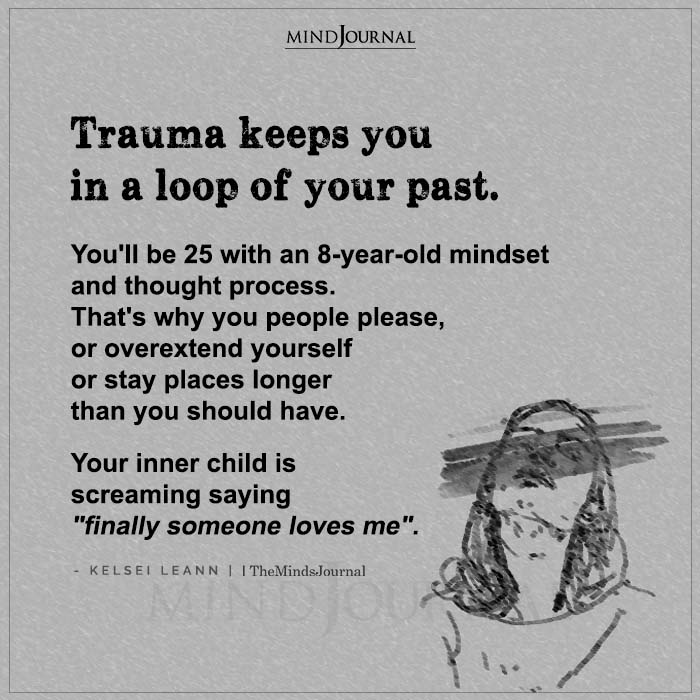
3 Ways To Create Healthy Relationships
1. Make honesty your policy.
Instead of hiding how you feel because you fear it will get you rejected, practice expressing yourself. If someone asks you how you feel, tell them!
You may have been raised to believe you are offending people or bothering them by having emotions. That’s not true, and people who care about you will welcome all the ways you feel.
2. Avoid fantasy relationships.
If someone pays little attention to you, they’re probably not that interested. If they’re all talk and no action, same thing.
Hoping and wishing someone will change is not going to make them. Say what you want instead of hiding your needs and creating a fantasy relationship in your mind.
If they won’t meet your needs, spend time treating yourself the way you want to be treated.
3. Believe in second chances.
You don’t have to forgive endlessly, but if someone makes a mistake, reconsider that hair-trigger decision to cut them off. Everybody deserves a chance to repair the relationship.
If you pull away without letting them know what they did wrong, you take away that chance. And deprive yourself of something possibly wonderful in the future.
Discover your role in the dysfunctional family. Take the quiz here.
Written By Laura K. Connell
Originally Appeared On Laura K. Connell
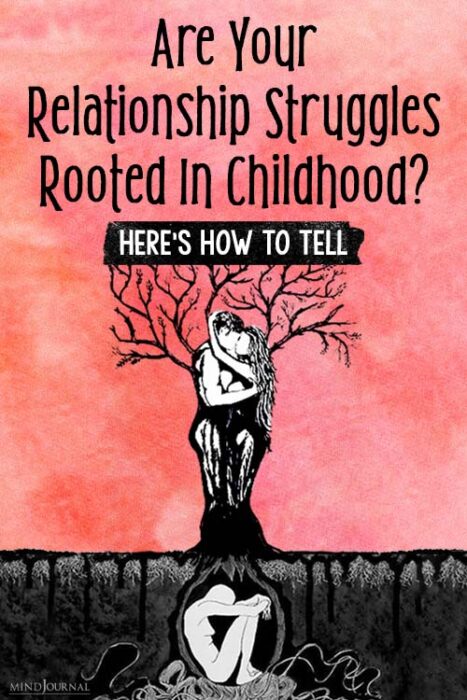
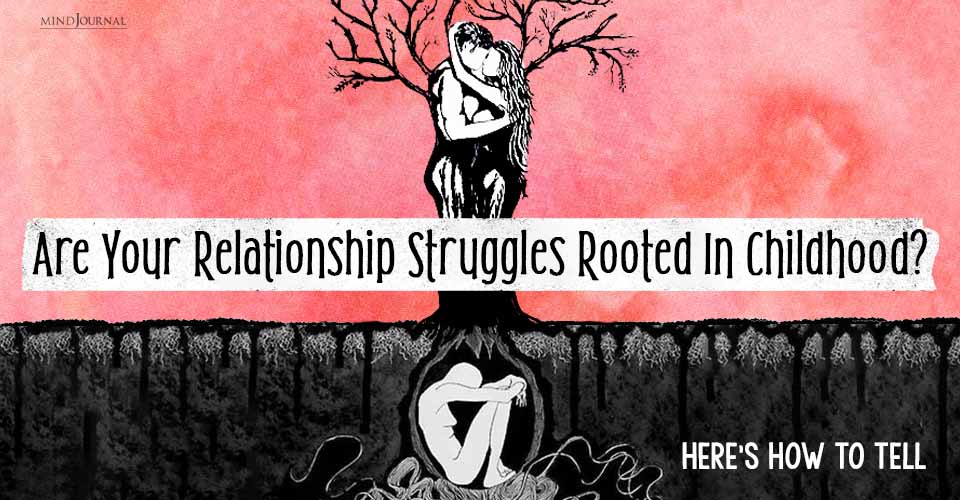


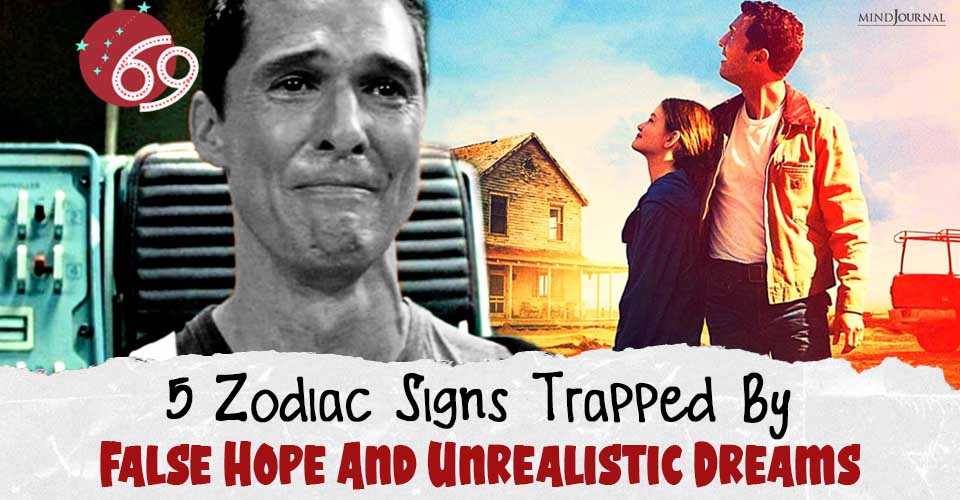






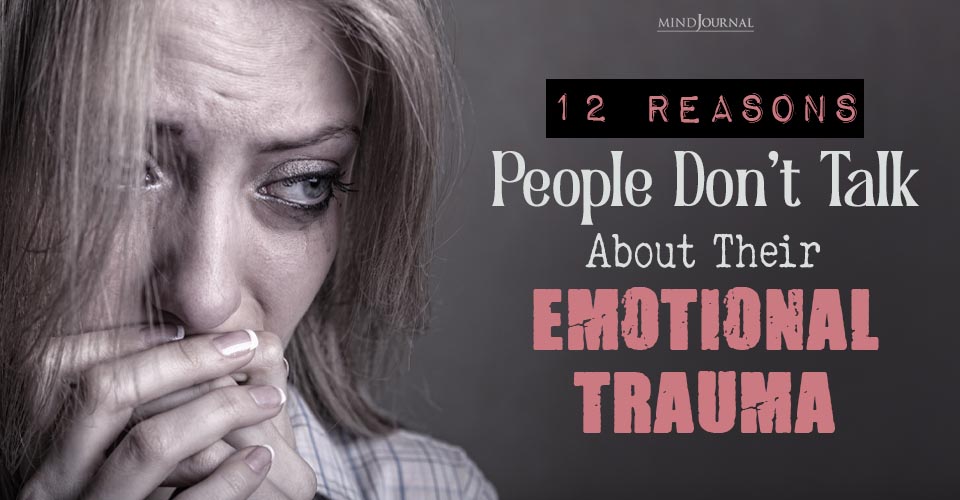



Leave a Reply
You must be logged in to post a comment.